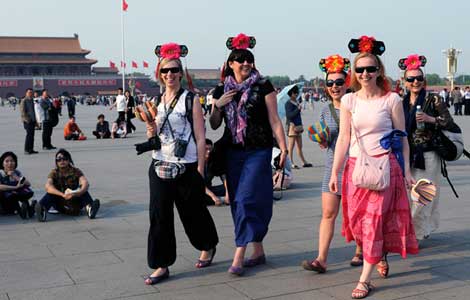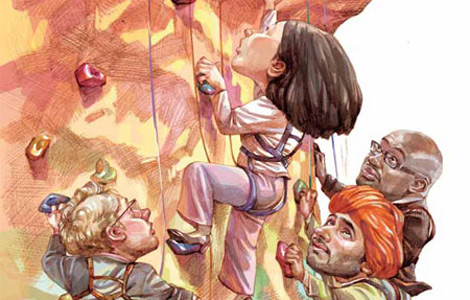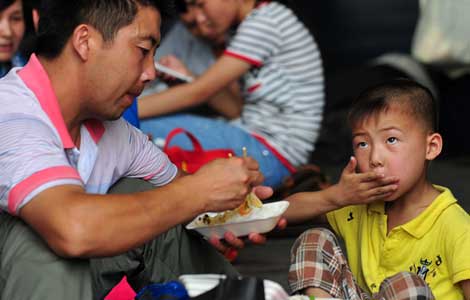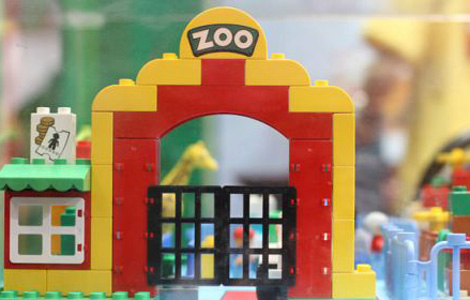New urbanites face challenges in enjoying rights
Updated: 2013-07-31 11:20
(Xinhua)
|
||||||||
BEIJING - Amid China's rapid urbanization, it has been difficult for former villagers that have moved into cities to enjoy the same rights as life-long urbanites, according to a blue book issued by the Chinese Academy of Social Sciences (CASS) Tuesday.
About 40 percent of these villagers-turned-urbanites have been truly urbanized in terms of their rights in fields such as politics, public services, earning power and access to cultural facilities, according to the blue book entitled "Blue Paper on Cities: The Development of Chinese Cities (No 6)."
The majority of these new urbanites have had their election and social management rights largely neglected, the report says.
Meanwhile, it says, these people's living standards are far below that of the average life-long urban residents. In 2011, the average monthly income of the former villagers stood at 2,049 yuan ($330), or 58.8 percent of the average monthly income of life-long city residents.
The blue paper projects that 390 million villagers are expected to live in cities by 2030 and the urbanization rate will rise to 80 percent of the country's population by 2050, approaching the maximum of 85 percent urbanization rate for China.
The urbanization of rural citizens costs the government a great deal, says the blue book, which estimates that public spending on urbanizing these former villagers costs an average of 130,000 yuan per person.
The public budget for these new city residents will mainly be used to provide them with public services, build infrastructure and offer social insurance, according to the blue book.
Meanwhile, housing is a large expense for these new city dwellers. Each rural household will have to spend 305,000 yuan, on average, to purchase an apartment to become urbanites.
Currently, most of these families live in poorly maintained houses leased by local residents or dormitories provided by their employers.
Most Viewed
Editor's Picks

|

|

|

|

|

|
Today's Top News
China-US talks yield 'incremental progress'
Spain investigators: Train driver was on phone
Apple faces more staff abuse charges
Spending surge for renewables
Beijing and Canberra to resume trade talks
Top leader vows to meet growth target
2,290 disciplined for extravagance
Japan diplomat seeks to mend ties
US Weekly

|

|















